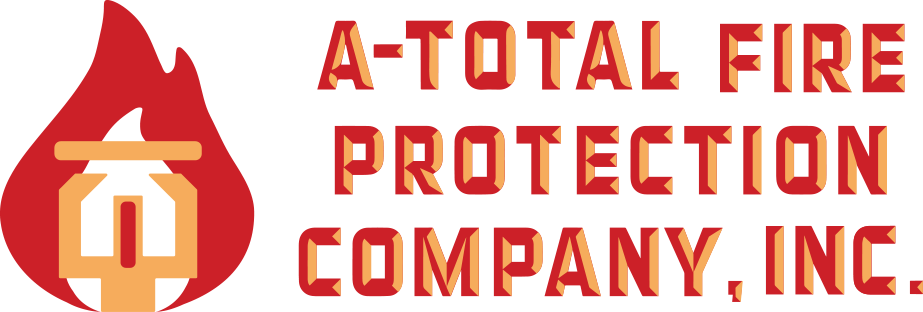Fire Protection Inspection FAQ
GENERAL
Why am I required to test my fire protection equipment?
State Fire Marshal Law (NFPA 25 to be used in conjunction with Title 19, Subchapter 5, ) requires all automatic fire extinguishing systems to have periodic inspection, testing and maintenance.
Can testing and inspections be done during normal business hours?
Yes, 99% of all testing is done during normal business hours.
How long does the testing take?
This depends on the size of your building and what type of fire protection equipment you have.
Will I be certified after the test?
After we review the test results, and if there are no deficiencies, your building will be certified after all invoices are paid. If there are deficiencies, these need to be completed and invoices paid before the building can be certified.
AUTOMATIC FIRE SPRINKLER SYSTEMS
Will the testing affect my domestic water?
Generally, no. But, in some cases smaller fire sprinkler systems are fed via domestic water. In such a case, domestic water would need to be shut down for the duration of the test.
CLASS I DRY STANDPIPE & CLASS II WET STANDPIPE SYSTEMS
What is a Class I Dry Standpipe System?
Class I Dry Standpipe Systems are generally in buildings 4 stories and higher. They are dry hydrant systems for fire fighter’s use with a pipe extending up through the building to the roof with outlets on each floor. The fire department attaches hoses to the ground-level connection and pumps water through to the outlets for fire fighters. A fire truck is needed to test Class I Dry Standpipe Systems, which A-Total Fire provides.
What is a Class II Wet Standpipe System?
Class II Wet Standpipe Systems are folded fire-hose cabinets on the wall for building occupant’s use.
What is the difference between Class II Wet Standpipe and Class III Wet Standpipe?
Class II has 1½-inch fire hose valves and hoses for occupants use. Class III has a minimum 2½ – 3-inch fire department valves and are fed by street pressure.
FIRE PUMPS
What is a combination fire pump?
A combination fire pump is a stationary pump that acts like a fire engine in your basement, pumping water through the system during a drop in normal water pressure.
What is a Class IV fire pump?
A Class IV fire pump backs up electric and diesel fire pumps. It generally has its own reservoir in the building that feeds it.

